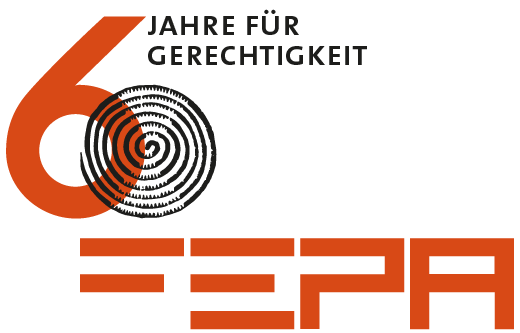Ndomzy
Ndomupeishe “Ndomzy” Chipendo was named the winner of the “outstanding female dancer” category of the National Music Awards 2023 in February. She also consciously uses dance as a tool for social dialogue. In September, the dancer will come to Switzerland at fepa’s invitation. There will be workshops and a collaboration with dance artists in Switzerland. On Friday 29.9.2023, Ndomzy will be at fepa’s anniversary event. More about the dancer’s programme on the fepa website.

I come from a very artistic family. My mother is a music teacher and encouraged my skills from a young age. Sometimes I was allowed to travel with her when she was on cultural exchange programmes that involved music and dance. At the age of 11, I participated in a performing arts training programme for children called CHIPAWO. I learned traditional dances there, mainly from southern Africa.
In 2012, I received a scholarship to the Afrikera Arts Trust, a performing arts school in Zimbabwe, and graduated with a diploma in 2015. This was followed by a professional certificate from Music Crossroads Academy Zimbabwe. Since then I have been working as a freelance artist, mainly in dance. However, I also play several instruments and sing.
Dance is low on the list of supported arts in Zimbabwe. Yet it is very present and one of the most important components in many areas, such as music videos, theatre performances and live shows. But in the dance sector, too little is paid and we dancers often get little recognition. Yet we are among those who work the hardest to establish ourselves. It takes experience and a big network for me to get more gigs as a dancer. Together with a group of dancers, we found ways to establish ourselves in the arts and culture sector. We were loud and present in the art scene, so we earned many awards and recognition. But it’s not just about income as an artist. We are also trying to change the mindset about dance in Zimbabwe. There is a lot of dancing nowadays and that has increased the recognition of dancers in the country, not only in Harare but nationwide.
I like working with women, but in Zimbabwe, dance is mostly male-dominated. Being in a male-dominated space can be very intimidating, but I have learned to accept this and try to embrace my feminine energy in such spaces. It’s not easy, but with experience it becomes possible.
